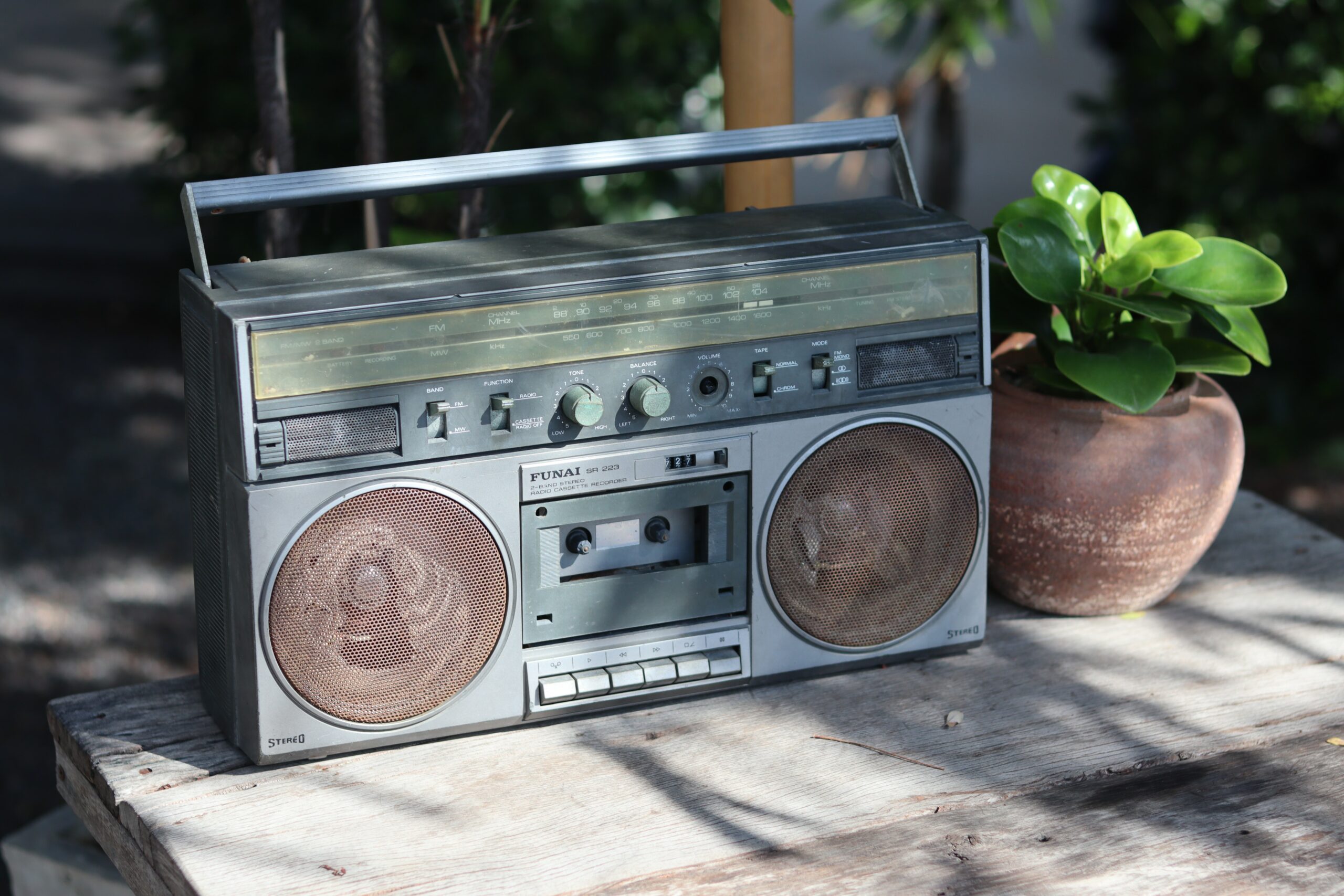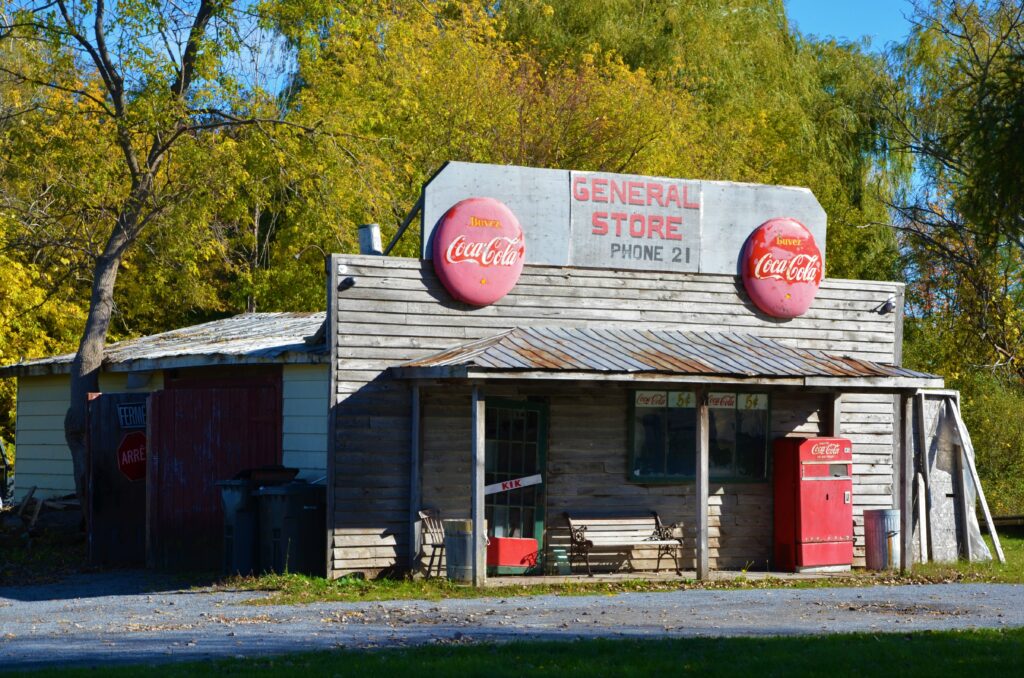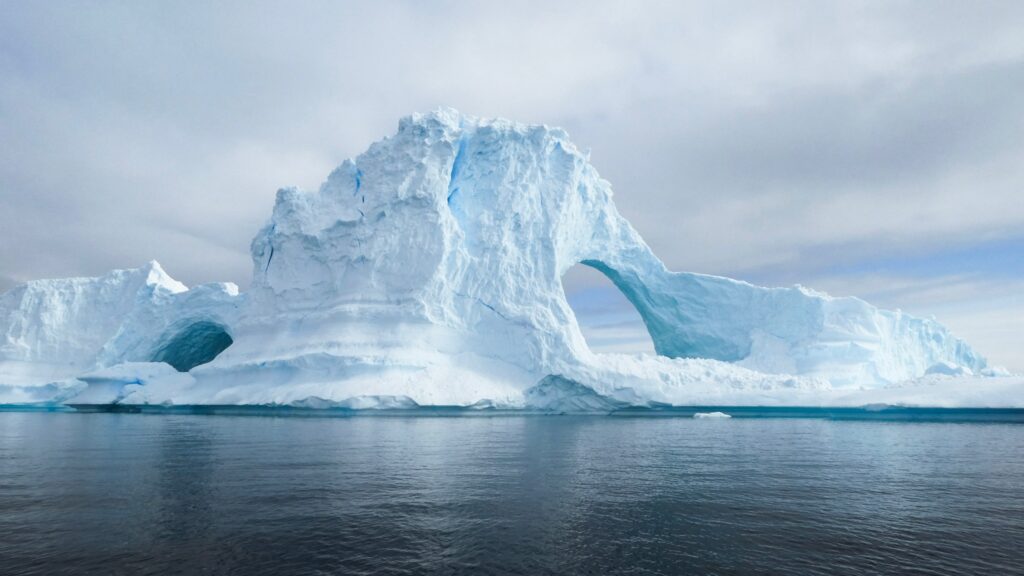Finding the Form with William Ross
Our family, a Caucasian father, a Chinese mother and two mixed-race children, is fortunate to take part in the annual holidays and celebrations of two cultures. For example, we enjoy two different New Year celebrations. One occurs on the last day of December and the first day of January according to the Gregorian calendar. The other is based on the lunisolar calendar with New Year falling on the second new moon after the winter solstice. The Chinese New Year festivities last sixteen days with prescribed customs and traditional foods associated with each day. There is enormous richness in the stories and customs associated with the twelve-year zodiac cycle of the lunar New Year.

2022 was the Year of the Tiger. At the beginning of every year there is speculation about how the character of the presiding zodiac animal will influence the unfolding of days ahead. That was where the poem began, wondering how the ferocious tiger might affect 2022. I liked the idea of subverting the image of ferocity and focussing on what the tiger often does, staying hidden in the tall grass, staring out at what might be happening in the distance.
I’m a visual thinker, and often have to draw a picture of something in order to better understand it, or just to explore the structure and relationship of its parts. One of the early images that came to mind was a gigantic, cogged wheel rotating and clicking into place in the sky.

After I have let a first draft pour out, I often do some research to verify facts in the setting of the poem. Unexpected details that come out of research can add richness to the lyrical voice, allowing the reader to absorb the poem in more vivid ways. In this case, having experienced Chinese New Year for over four decades, many of the details and customs were already familiar to me, but there was still a need to comb through, looking for the images that would work together to tell the story.
I had no pre-determined idea of how the poem would end, and it wasn’t until many drafts on, when I was musing about the difference in character of the tiger and the animal for the following year, the rabbit, that the poem found its ending.
William Ross is a Canadian writer and visual artist living in Toronto. His poems have appeared in Rattle, Bluepepper, Humana Obscura, New Note Poetry, Cathexis Northwest Press, Topical Poetry, Heavy Feather Review,*82 Review, and Alluvium. Recent work is forthcoming in Bindweed Magazine and Anti-Heroin Chic.
Header photo by Scott Graham on Unsplash





